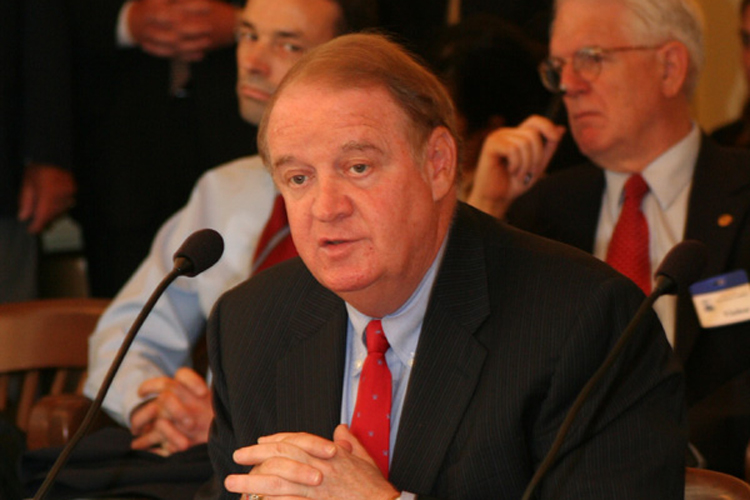
TRENTON – Legislation sponsored by Senators Richard J. Codey and Ronald L. Rice that would authorize New Jersey banks to offer savings promotions, also known as “prize-linked savings accounts,” was approved yesterday by the Senate Commerce Committee.
Intended to provide incentives for depositors to open and maintain savings accounts, the legislation, S-2495, would authorize state-chartered banks, savings banks and credit unions to conduct promotions in which a minimum deposit in an amount predetermined by the institution qualifies for a chance to win prizes.
“It’s a win-win situation for people who want to save,” said Senator Codey, D-Essex and Morris. “Unlike playing the lottery, depositing money into one of these prize-linked savings accounts provides people with an opportunity to be rewarded for saving without the risks to their money.”
Under this legislation, every deposit would equally qualify as a ticket in a prize-winning raffle, and a minimum age of 18 would be required to participate in the promotion. The bill also requires that the rules and conditions are fully disclosed to account holders and that interest rates and fees are competitive with other non-qualifying accounts.
“This is an exciting way for those with modest paychecks and little or no money in the bank to ‘save to win’,” said Senator Rice, D-Essex. “Engaging consumers to put money away without the downside of losing can help foster a regular habit of saving that will help them in the long run.”
The idea has been put into practice in a number of states by non-profits and credit unions, and has been successfully implemented internationally. New York, Connecticut, Michigan and Indiana have modified their state banking laws to allow for these programs and legislation has been introduced in Congress to make similar revisions to federal banking laws.
The bill was approved by the Senate Commerce Committee with a vote of 6-0. It now heads to the Senate for consideration.

